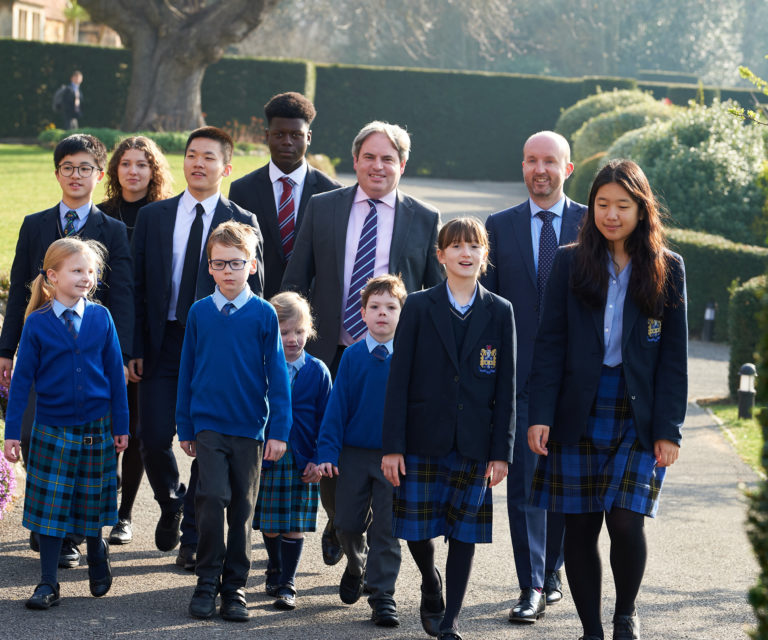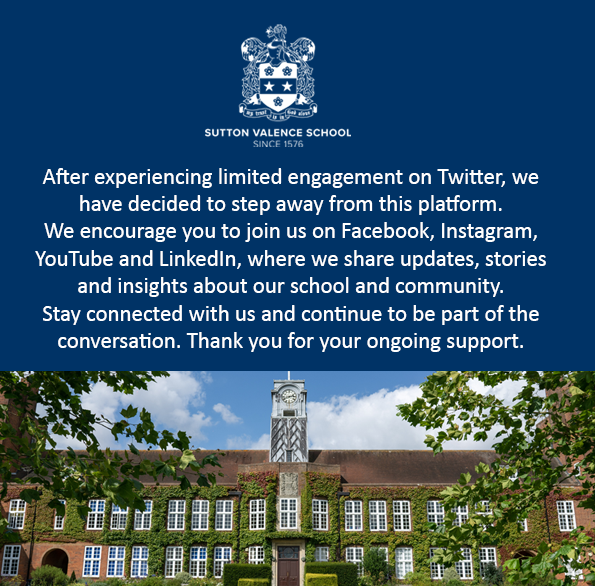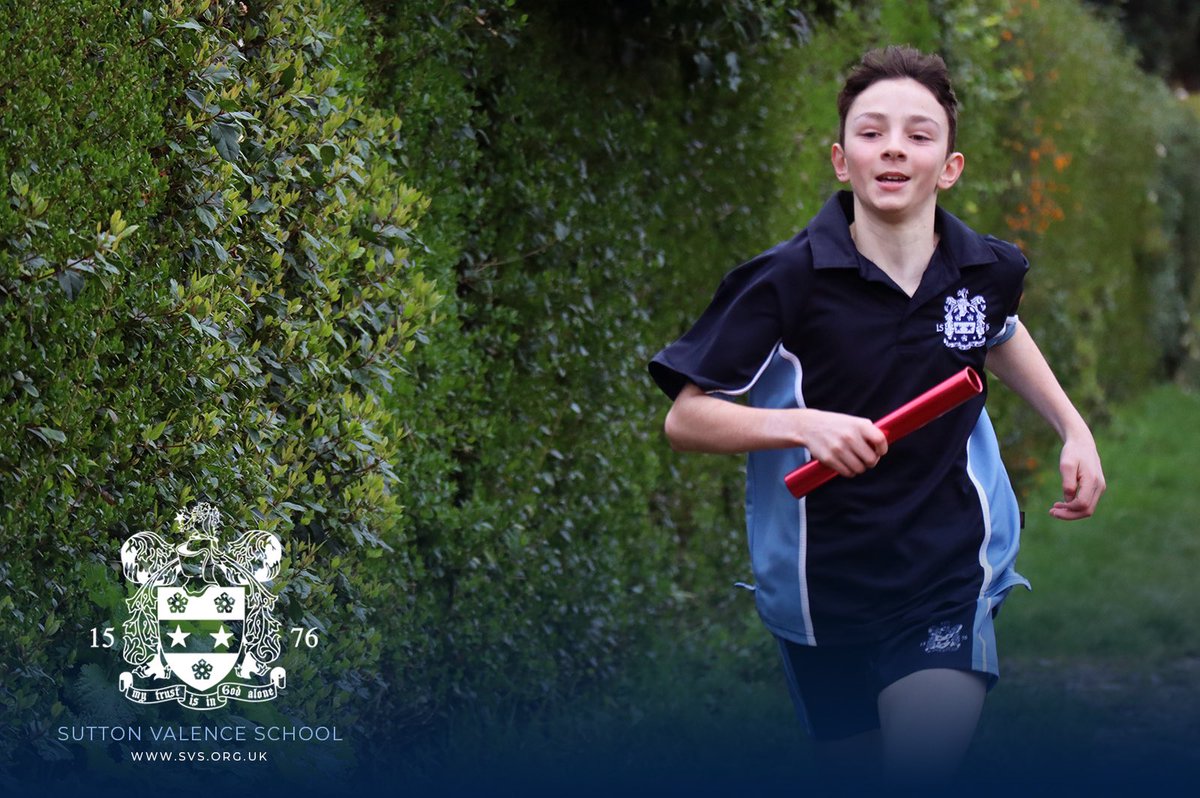Today, we observe huge growth in classroom technology. This includes the introduction of new learning methodologies, such as collaborative learning.
The best learning happens when children are actively involved in a project. Collaborative learning is an approach that encourages pupils to create groups and work together to solve a given problem. As you know, collaboration is one of our key Super Hoot learning powers that we are focussing on at SVPS this term.
There are several benefits that come with working in a group setting, some obvious and others more discreet. A key benefit is that collaboration encourages children to engage in their learning. In a small group setting, each child has the opportunity to express their ideas and with being heard comes the feeling of importance and value. The learning experience becomes more fun meaning our children are eager to learn more.
This week is Science Week at SVPS and Mr Strydom, our Head of Science, has ensured that the children have had plenty of opportunities to work collaboratively when tackling practical experiments in the Science Lab, such as discussing possible variables, the validity of fair testing and other key elements.
When children work as a team, they receive more support and therefore gain confidence and can help shy children express themselves more freely. This week, Year 6 have been focussing on circles, discussing a circle’s key features and exploring Pi. They have had a range of practical opportunities to work collaboratively to solve mathematical conundrums about diameter, radius and circumference.
Collaborative learning enables children to come together in a setting that maybe would not be possible otherwise, like not always working with a particular friend. In order to solve a project’s given problem, children need to communicate effectively, with whomever they are working with. They are given opportunities to hear different opinions and develop social skills that they will need to call upon in their adult lives.
In order to achieve a goal, children need to work together. Whether on the Netball court, Hockey pitch, or when completing the amazing challenges that Mr Davey set for Sport Relief Day, there is no “I” in team, as the saying goes. In a sports team, effective collaboration and trust are needed to reach a common goal, which is usually to win. For example, in Hockey when a ‘sixteen’ penalty is given from the edge of the ‘D’, the back needs to be able to trust that the player on the wing will be there to receive and pass on.
Children, like adults, have different skills, passions and knowledge. In a small collaborative group, when a question is raised, different pupils can have different answers and children can learn new things from one another, but also understand different perspectives. It is by working together, such as in Drama, that the children learn to read and assess situations and adapt as necessary. By giving our children opportunities to learn collaboratively, we are, without doubt, encouraging them to adopt a flexible outlook and a growth mindset.
Indeed, there is an African proverb that says: “If you want to go fast, go alone. If you want to go far, go together.”





